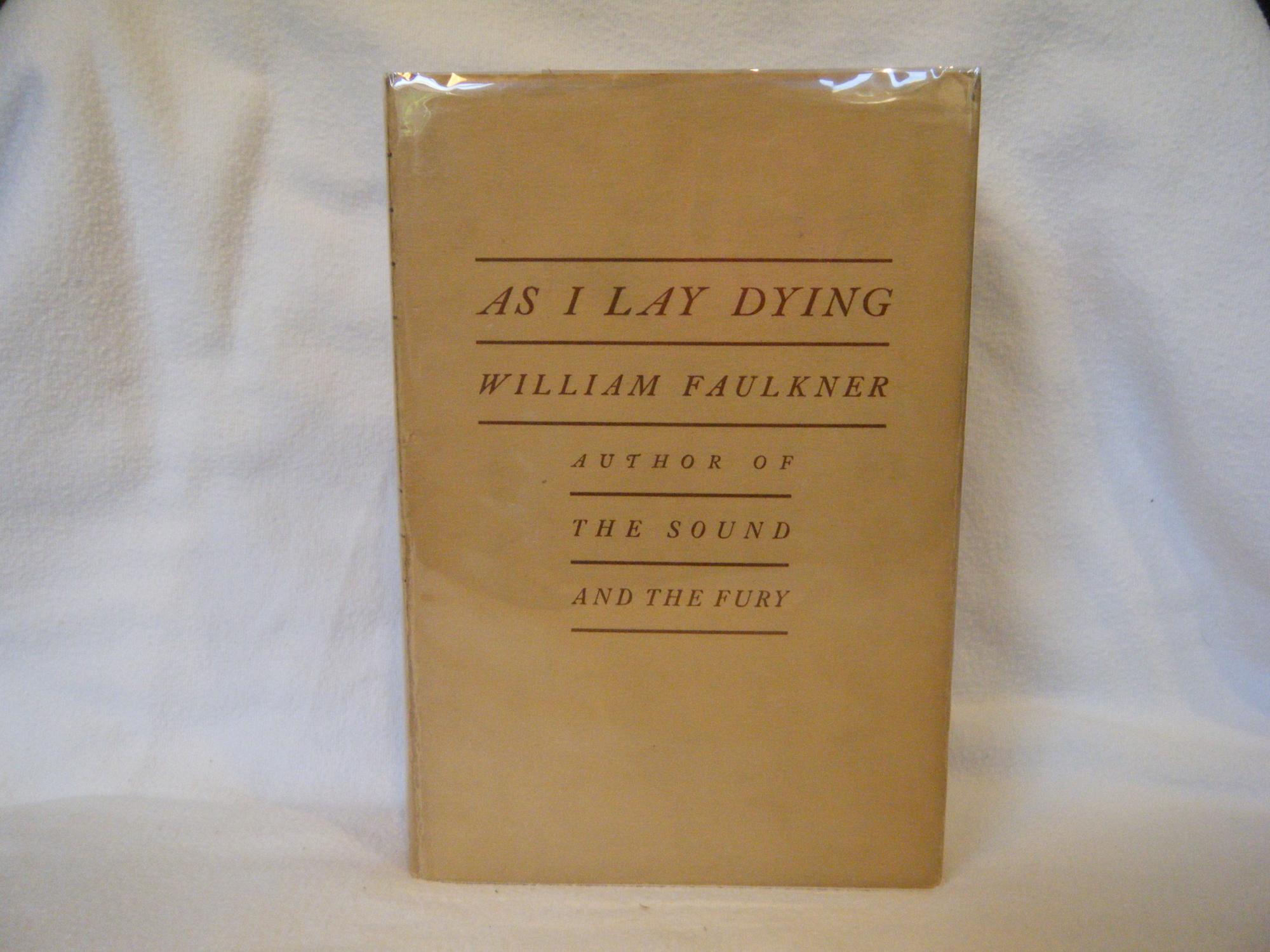

They are as big as buckshot, warm as though fired from a gun they sweep across the lantern in a vicious hissing. The first harsh, sparse, swift drops rush through the leaves and across the ground in a long sigh, as though of relief from intolerable suspense. He showcases Faulkner's brilliance for dialogue, switching from the common and coarse vernacular of this Mississippi family to one whose descriptive powers and philosophical moments come forth as from some hidden power: Exacting and yet shallow.ĭarl: Darl is a foil to this backwards Southern family. When a neighbor asks Cash about the fall that broke his leg a long time ago, "How far'd you fall, Cash?" "Twenty-eight foot, four and a half inches, about" Cash says. He fashions Addie's coffin, measuring his life, words, and moments with the same exacting tedium by which he bevels the edges of her coffin. xiiiĬash: is Addie's firstborn and of the engineer's mind. Doctorow describes him so well as "a spiritless man in faded overalls, physically weak but domineering in his passivity." p. He doesn't know this, or perhaps, so caught up in his own misery, doesn't care. 150.Īnse Bundren: Addie's husband, but not the father of all her children.

About her children in their youth she said, "I would go down the hill to the spring where I could be quiet and hate them." p. We discover her "true colors" late in the story through Faulkner's use of flashback. xii, xviiĪddie Bundren: Addie is the dying matriarch, the subject of the fuss and folly, to satisfy her wish to be buried in the town of Jefferson, forty miles away. "Faulkner's life was messier, less focused, a struggle from the beginning to make enough money to survive: he was a school dropout and worked at various jobs-postmaster, bookstore clerk-and he held down the midnight shift in a coal-fired power plant, where, as it happened, he wrote most of As I Lay Dying in some six to eight weeks." pp. In his excellent foreword, E.L Doctorow writes, William Faulker was a self-educated Nobel Prize laureate from Oxford, Mississippi. The Bundren's are dirt poor and as we will see, there's more than Addie on their minds. But this is 1930s Mississippi, rural and raw. We are here to witness her family satisfy her wish to be buried in Jefferson, some forty miles away.

William Faulkner doesn't invite us into the lives of the Bundren's he drops us into their dysfunction. Warning! Those gathered round your deathbed may not be as altruistic as you imagine.


 0 kommentar(er)
0 kommentar(er)
